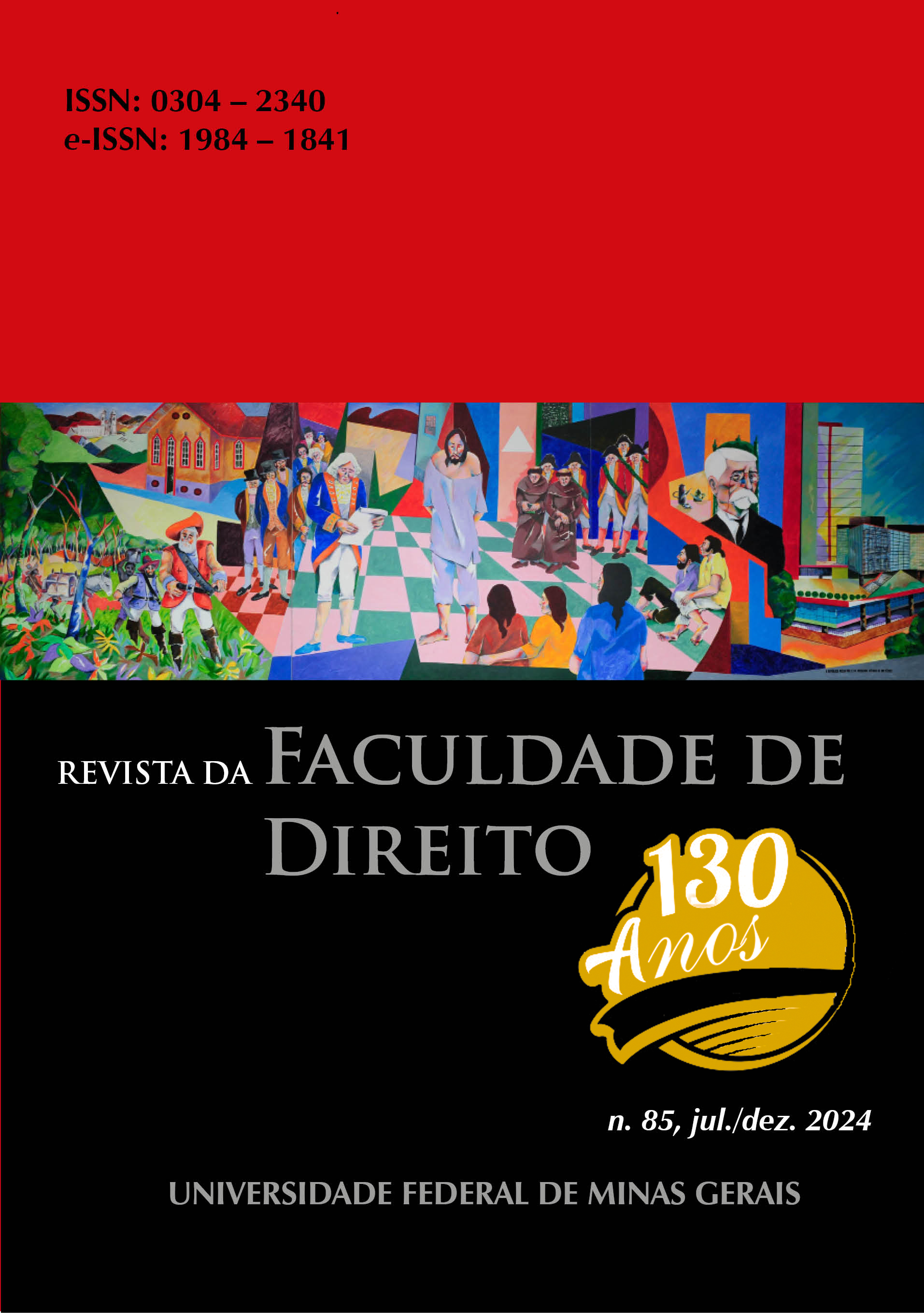SOLIDARITY AND TRANSPARENCY: THE IMPACT OF REFORMS IN PROPERTY REGISTRATION AND THE FIGHT AGAINST MONEY LAUNDERING IN BRAZIL
DOI:
https://doi.org/10.12818/P.0304-2340.2024v85p109Abstract
Brazil has implemented robust strategies to
combat money laundering, integrating the
activities of property registries, the Financial
Activities Control Council (COAF) and notary
activity. The recent promulgation of Provision
no. 161/2024 by the National Council of
Justice (CNJ) aims to improve the process of
reporting suspicious financial transactions,
reducing the frequency of mandatory
communications and increasing the quality
of the information reported. This provision
highlights the need for detailed documentation
of payment methods in real estate transactions
and the identification of the parties involved,
such as politically exposed people. The role
of notary offices is crucial: it is a means of
controlling the guarantee of transparency and
integrity of real estate transactions, in line
with the principle of solidarity. This principle
permeates the spirit of these reforms, reflecting
a commitment to promoting a transparent,
fair and safe economic environment.
KEYWORDS: Money Laundering. Provision
n. 161/2024. Property Registration. COAF.
Solidarity.




















